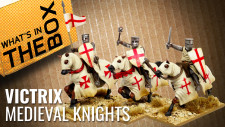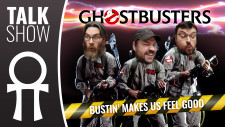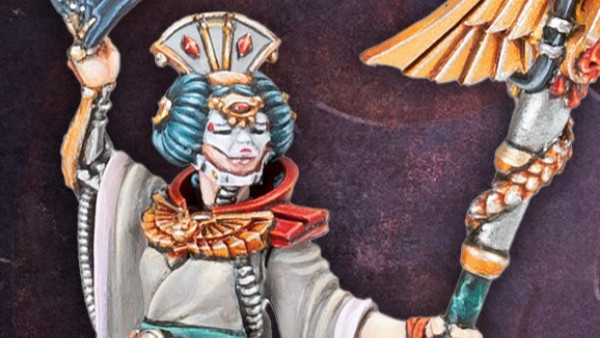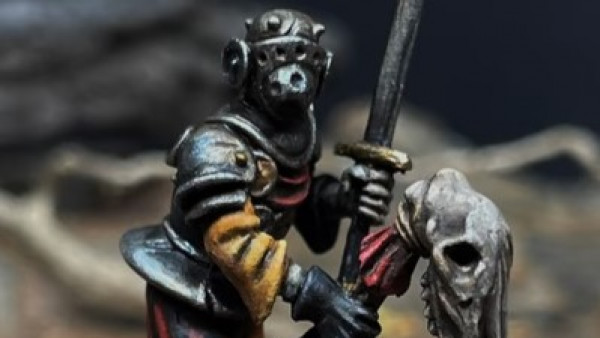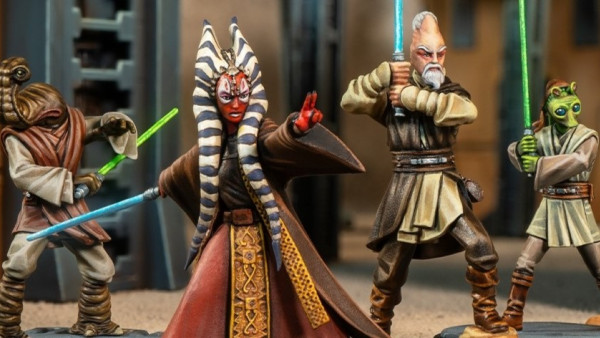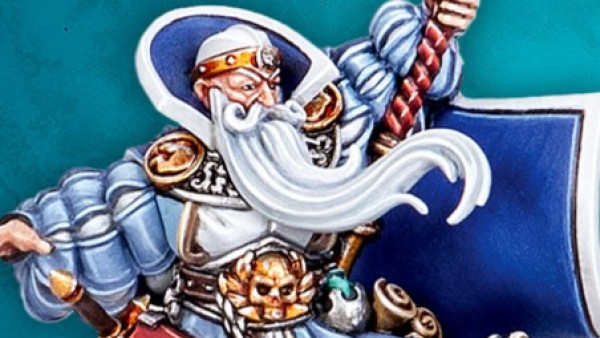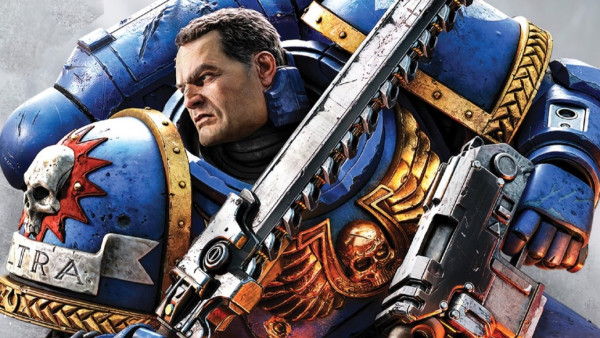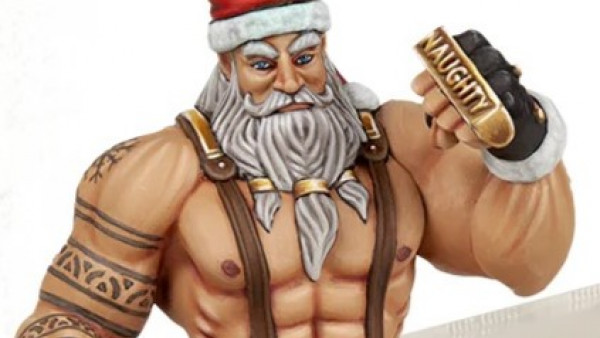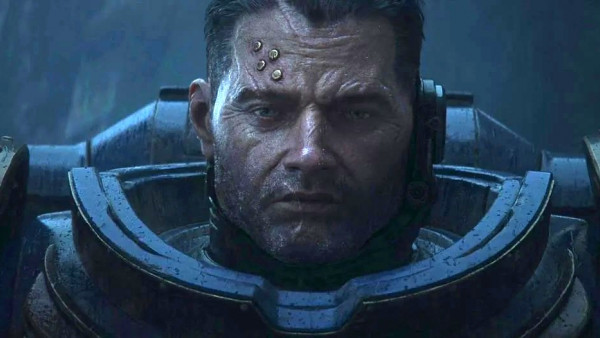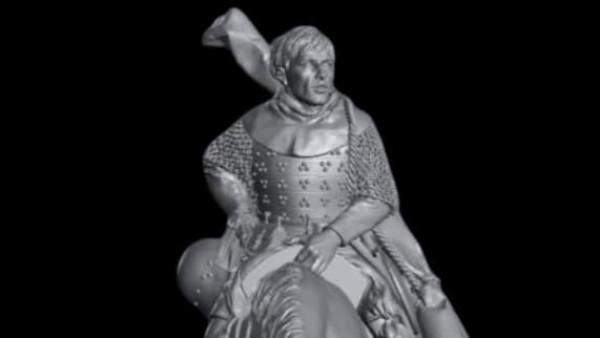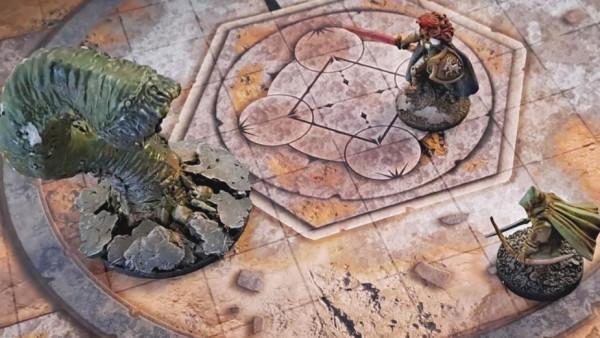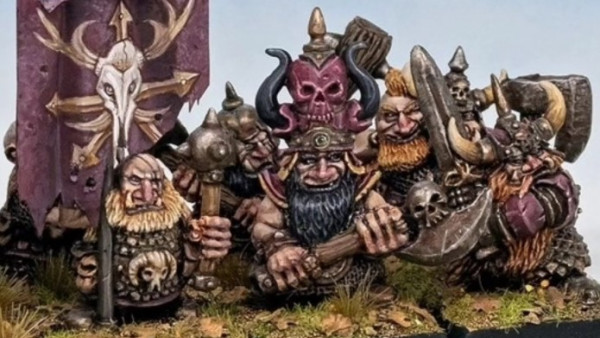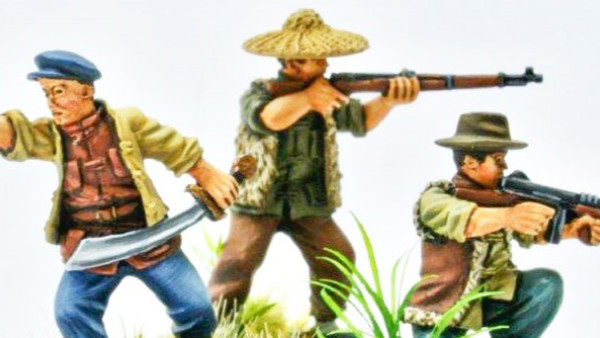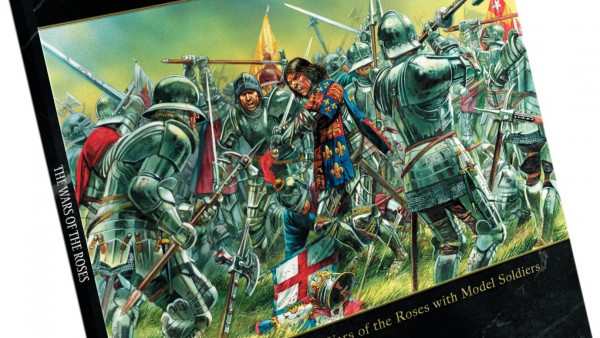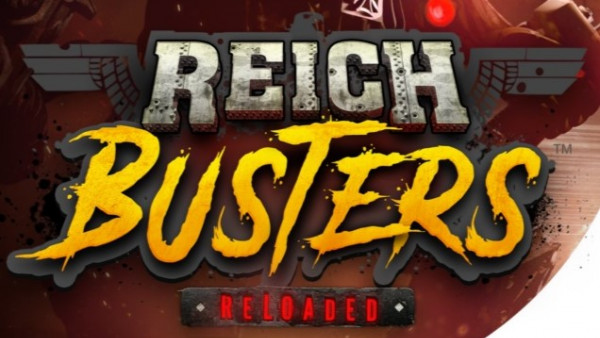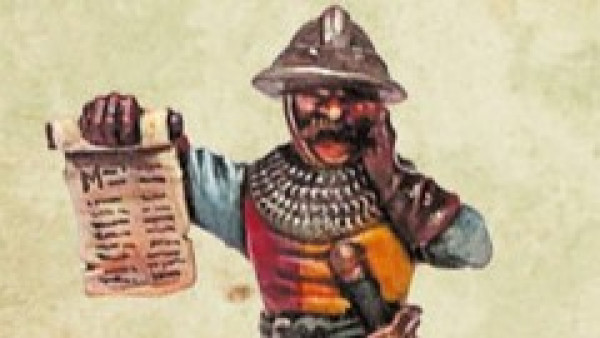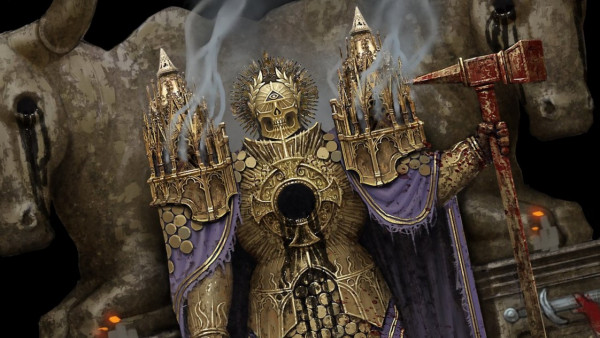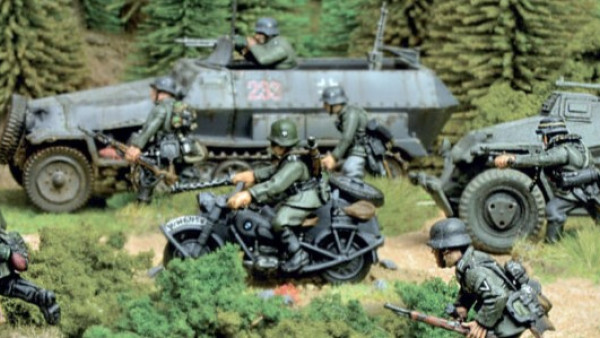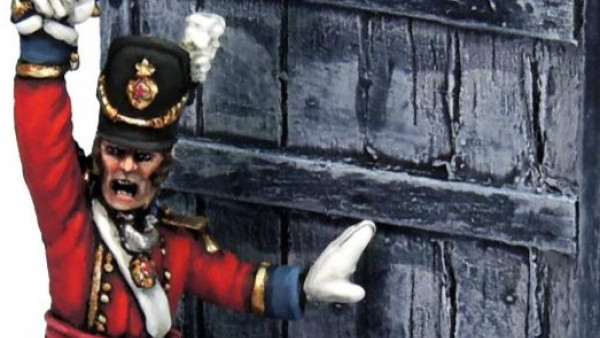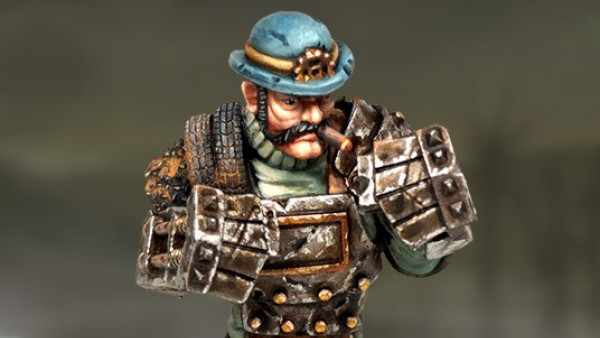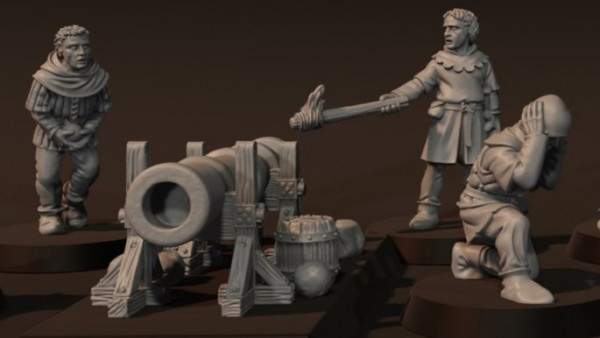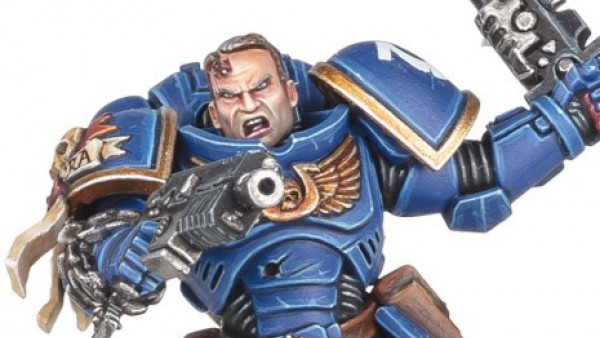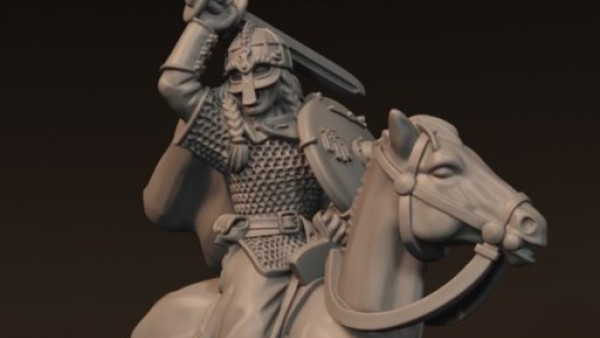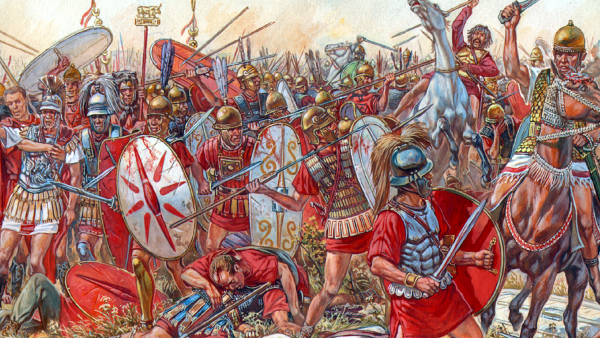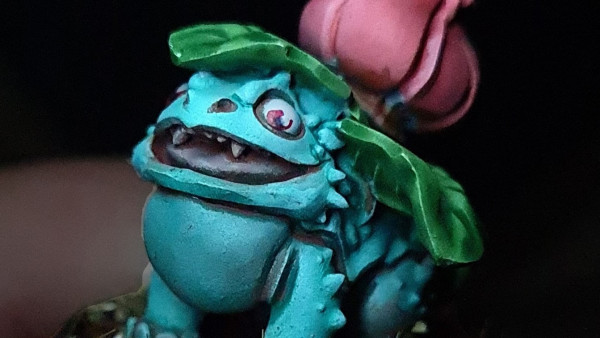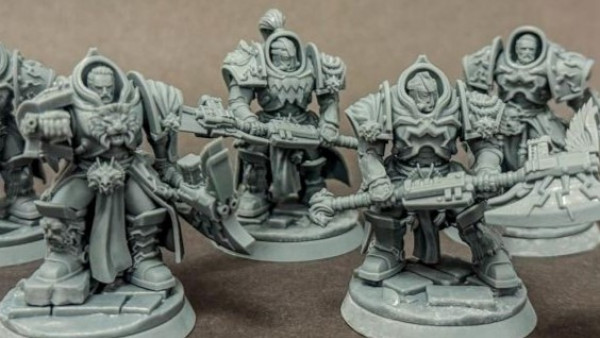Home › Forums › Historical Tabletop Game Discussions › My grandfathers war diary 39 – 45
This topic contains 9 replies, has 8 voices, and was last updated by ![]() coxjul 5 years, 3 months ago.
coxjul 5 years, 3 months ago.
-
AuthorPosts
-
August 27, 2019 at 5:43 pm #1430107
Today I was going through some old stuff looking for something completely different when I found my grandfathers war diary.
It’s labelled 39 – 45 but actually goes into 1946.
He was in the Luftwaffe as part of the RAD (Reichsarbeitsdienst, “Imperial Labour Service”) and it’s strange reading the things he wrote. When they got transferred, when he got sick, when his FLAK shot down planes. His promotions.
It’s a rather short diary but still a very strange thing to hold in your hands. He was part of the Ostfeldzug (East campaign) 1941 / 1942 and was part of the invading force in Russia.
He’s been gone now for 15 years but he never denied any of what has happened during the war. After the war he had many carreers but he ended up in the Luftwaffe and retired as Oberstleutnant (lieutenant colonel) Somewhere I have a photo of him and me from my graduation ceremony when I was in the Luftwaffe. Me, a simple solder and my granddad the lieutenant colonel. (My instructors all had to greet him and I couldn’t stop grinning)
I don’t know where I’m going with this but it just feels… weird. Holding documents that where “there”… in a place and time that we replay as a hobby….
August 27, 2019 at 6:49 pm #1430119That can indeed be described as a really *eh* weird feeling.
Not just to have known someone like that, but for him to be family as well.I guess that also makes you more aware that not all Germans were Nazis.
And if you don’t mind asking … how did people respond to what he was part of ?
Or are people who were in the RAD treated differently from the *eh* normal soldiers ?August 27, 2019 at 10:00 pm #1430140I’ve always found memoirs interesting – sad to see so many of the old fellas succumb to old age so the more we can learn the better.
An old family friend of ours was a conscientious objector during the war so served as an army medic – he became one of the first British medics into Belsen. What he saw shook him to the core, he’d rarely ever talk about it but he was kind enough to leave a copy of his memoirs to my dad when he passed away.
I live in quite a strange area really, we used to have a prominent RAF base nearby (second largest munitions dump in the country) and a prisoner of war camp several miles to the north. Quite an interesting mix of people in the town by the end of the war, large numbers of Scots and Poles sent to work at the base, and large numbers of German and Italian prisoners in the POW camp who spent much of their time fixing walls and fences and working in the fields in return for extra rations and a little bit of money or sometime beer. For a lot of these people they had little to go back to after the war ended so many of them stayed, married locals and we now have second, third and fourth generations of people sprouted from these different lost souls. My grandad was a Scot and served in the RAF, met my nan and stayed but his next door neighbour was a former POW by the name of Henry Richter. Henry had served on the U-boats before getting captured – most of his family had died so he stuck around. Spent the end of his life drinking in the British Legion club alongside people who had been trying to kill him. After 20 years, local veterans let him join the club as they figured ‘well, same line of work as the rest of us, just for a different side…’
When my dad first started working on the railway in the 70’s there were several Poles and Germans, they just had to make sure they worked on different shifts to each other to avoid conflict as small arguments could easily lead to fighting. Stan the Shunting Pole was a regular on the darts team, really quiet bloke. Escaped Poland on foot before joining the Free Polish Army in the UK.
One veteran I remember particularly well was an Italian prisoner of war called Mr Zoppi – he married the daughter of a local dairy farmer and set up an ice cream business. Lovely old man, if he’d made enough money for the day he’d start giving his ice cream away to the kids for nothing. His son Trevor still runs the ice-cream business along with the farm.
Different sides, but lots of stories to tell. Most of them being that they never wanted to get involved in the first place but just had to do what they were told, and regardless of what happened, some were lucky enough to have a decent quality of life afterwards.
Worst memory I have actually comes from some old 8th army veterans, they got drunk at a neighbour’s 100th birthday party and started to reminisce. A friend of theirs had been on guard duty, another couple of hours and the military police would relieve them and take the prisoners back. One of them had concealed a knife and tried to make an escape – he cut the throat of the guard on duty with a Hitler Youth knife and ran for it. They soon recaptured him, in their rage, they took this boy and anyone else suspected of being a possible trouble maker and shot them. As these old fellas spoke to each other (unaware the rest of us could hear them) the tears were streaming down their faces, both for the friends they lost but for the shame of what they had done.
Powerful stuff but it needs to be learnt…
August 27, 2019 at 10:02 pm #1430142As far as I can tell from online sources the RAD was primarily a workforce. Every girl and boy able of labour had to do service. Build roads etc. But in wartimes the RAD had sort of defensive roles to play like manning AA FLAK I’m guessing it’s similar to national guard in the US. I have read that later in the war the RAD was transferred to SS Command. The sources call it “Reserve Army” more then once. So I guess he was just one of many soldiers.
To completely honest I couldn’t tell you if he was a Nazi during WW II or just “running along”. All I know that he surely wasn’t one after the war. At least not the man I called grandfather.
August 27, 2019 at 10:41 pm #1430145@sundancer I think people also underestimate the reality of life in those days.
It’s easy in movies for heroic citizens to ‘resist’ the ‘evil’ regime, but nothing is quite so easy in real life when you do have to pay rent and worry about your own family.August 28, 2019 at 12:19 pm #1430286August 28, 2019 at 3:35 pm #1430422Thanks a lot for sharing @sundancer Do you play any WW2 games and if so do you ever think of your grandad and what he experienced?
August 28, 2019 at 3:45 pm #1430425August 28, 2019 at 3:58 pm #1430437Well our club has a rule of “in living memory” for display games (basically anything WW2 and later) in case it does cause offence for any veterans of these conflicts. It’s more a case of “triggering” unwanted memories and seeing their efforts turned into a “game” more than anything else. We DO have some ex military in our club, and do play just about any era on club nights, but we’re mindful of their feelings and steer away from anything they are not at ease with. (one chap no longer with us didn’t like to see SS on the table, and another didn’t want to see a Falklands game as he lost quite a few friends there in one action). But we had some that were more than happy to play (and advise) on games depicting periods they fought in.
So it’s all just an aspect of “be mindful” of your fellow gamers, and be aware at a convention that there may be members of the general public there who might not want to see a game depicting a very personal experience for them.
Bur back to the OP, indeed it hard to compare what that generation went through compared to our (rather) spoiled existence. An era where “service” was expected rather than given freely, and those that didn’t perform were ostracised from society 🙁
August 31, 2019 at 12:07 pm #1431104Cool, your grandfather may have shot at mine. My Mother’s father served in the US Air force and flew several bombing missions against Axis operations in Germany, he flew in a flying coffin (and miraculously never lost any of his crew), never told anyone about it till someone found his medals and he didn’t give much detail then (I think we only found out the whole story from service records after the funeral).
September 1, 2019 at 12:50 pm #1431302What a priceless treasure, worth infinitely more to modern historians than rambling propaganda works such as Churchill’s 3 volumes. His personal experience as a family person as well as his military role is just what people want to know.
He probably wasn’t a ‘baddie’ as the huns/boche/fritz/kraut terms were designed to suggest, just an ordinary man fighting for his country in an honourable way who was on the losing side (of both war and therefore history). We need to be able to normalise such individuals, both within our families but also across society; such mundane, day to day documented experiences help.
-
AuthorPosts
You must be logged in to reply to this topic.

































